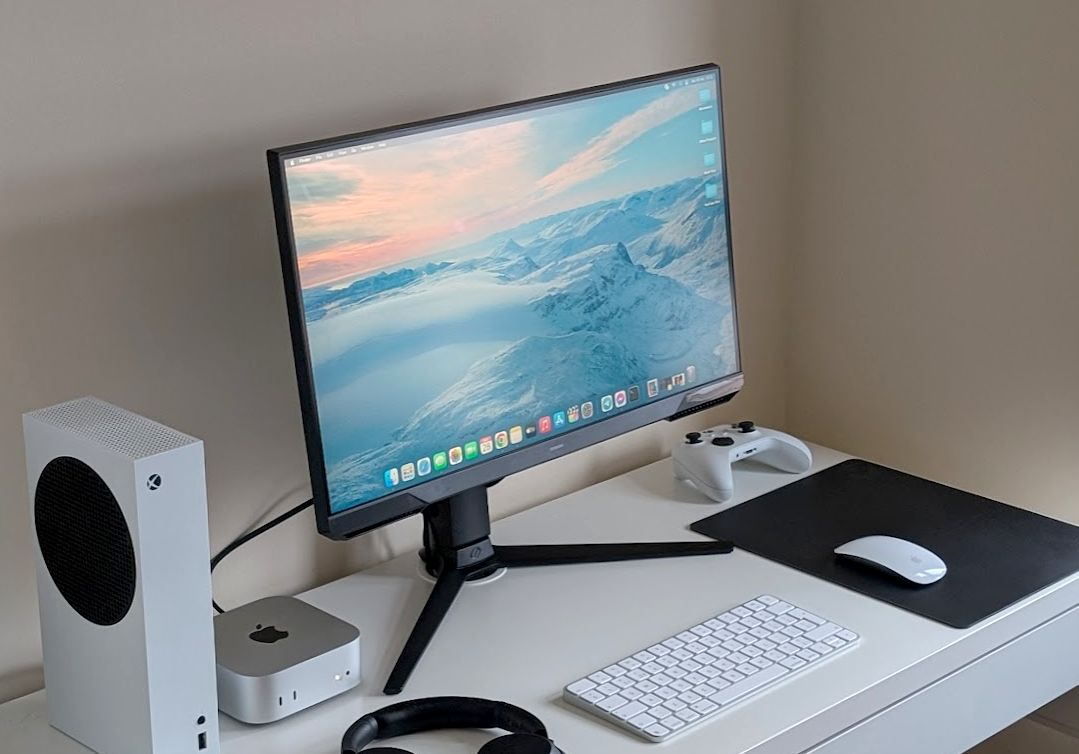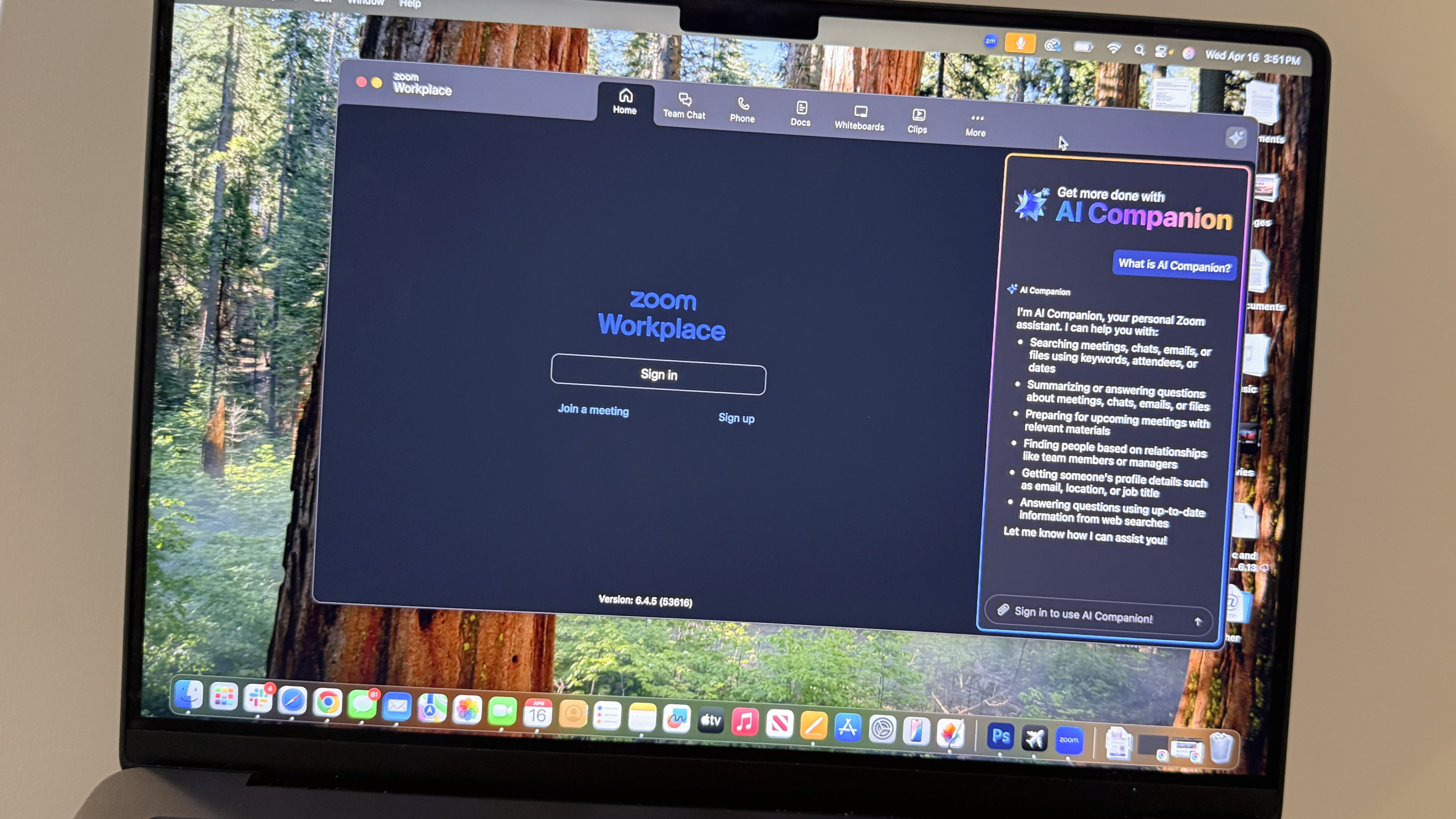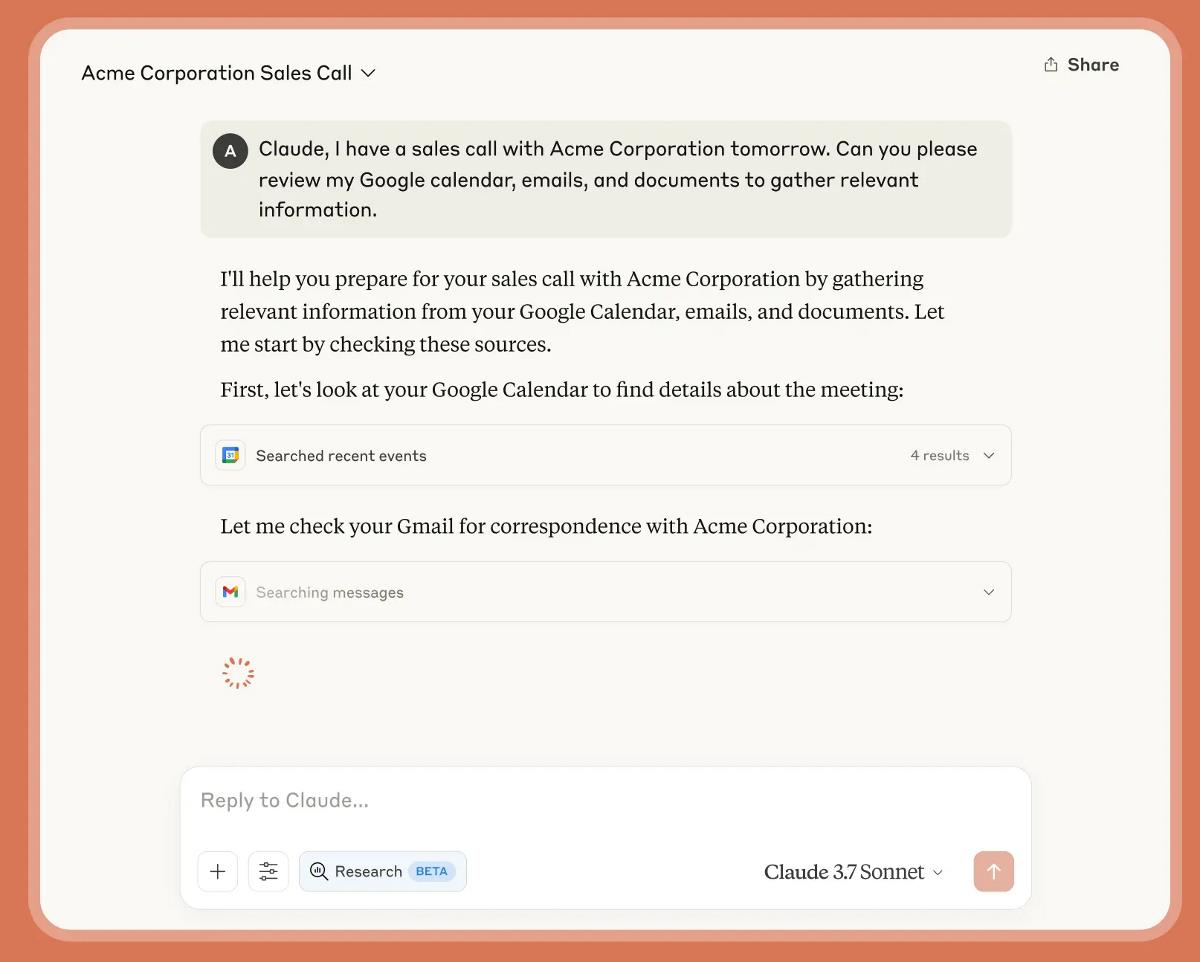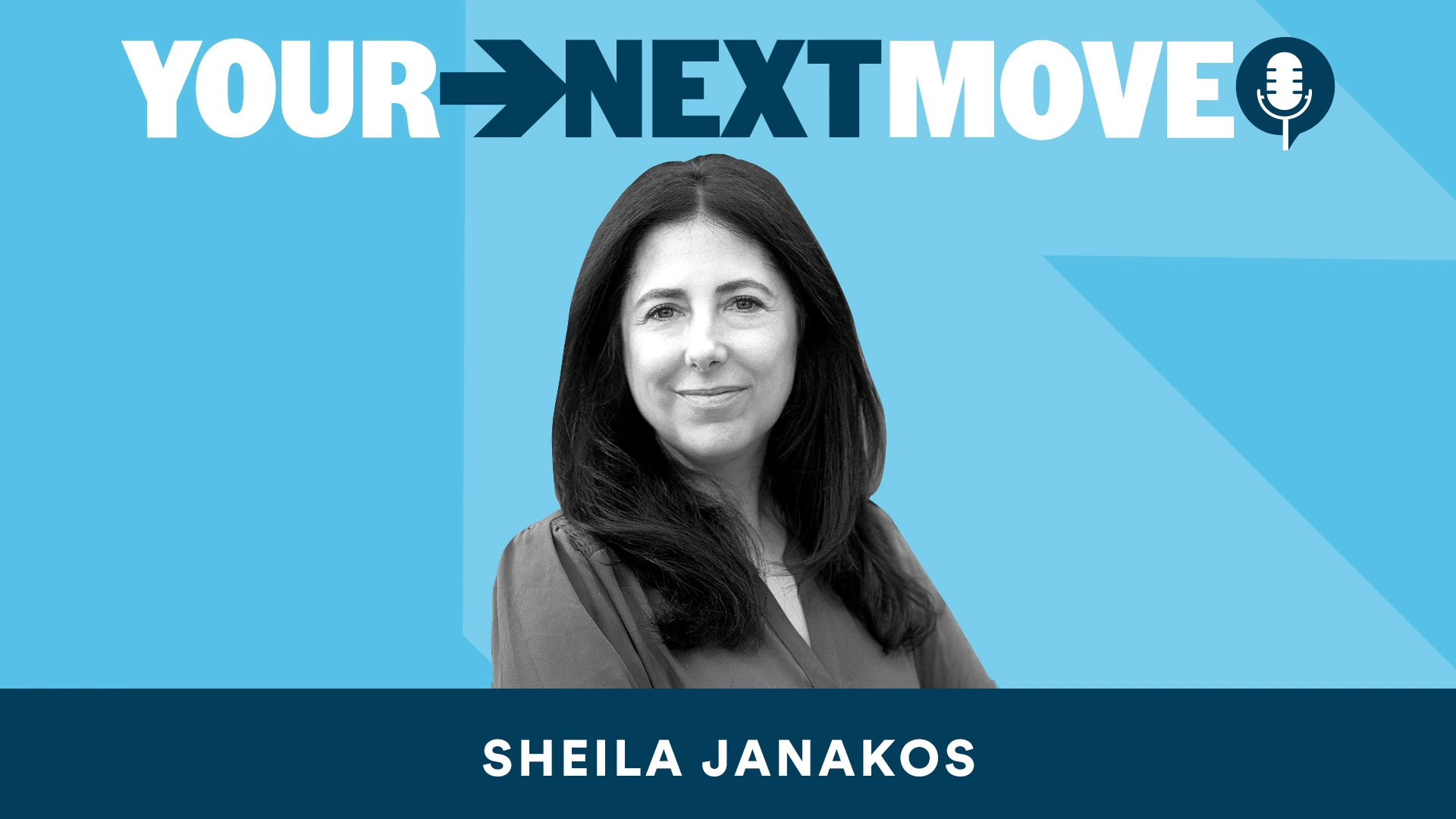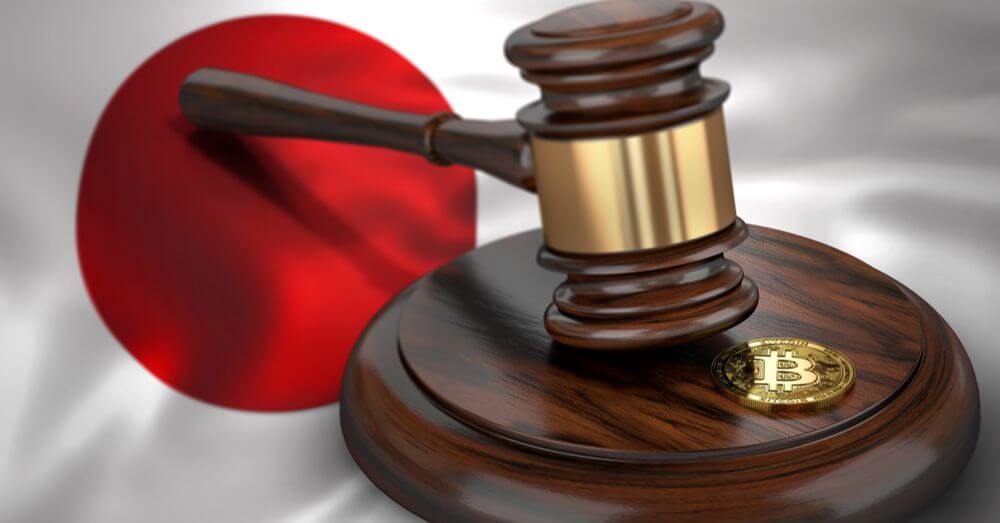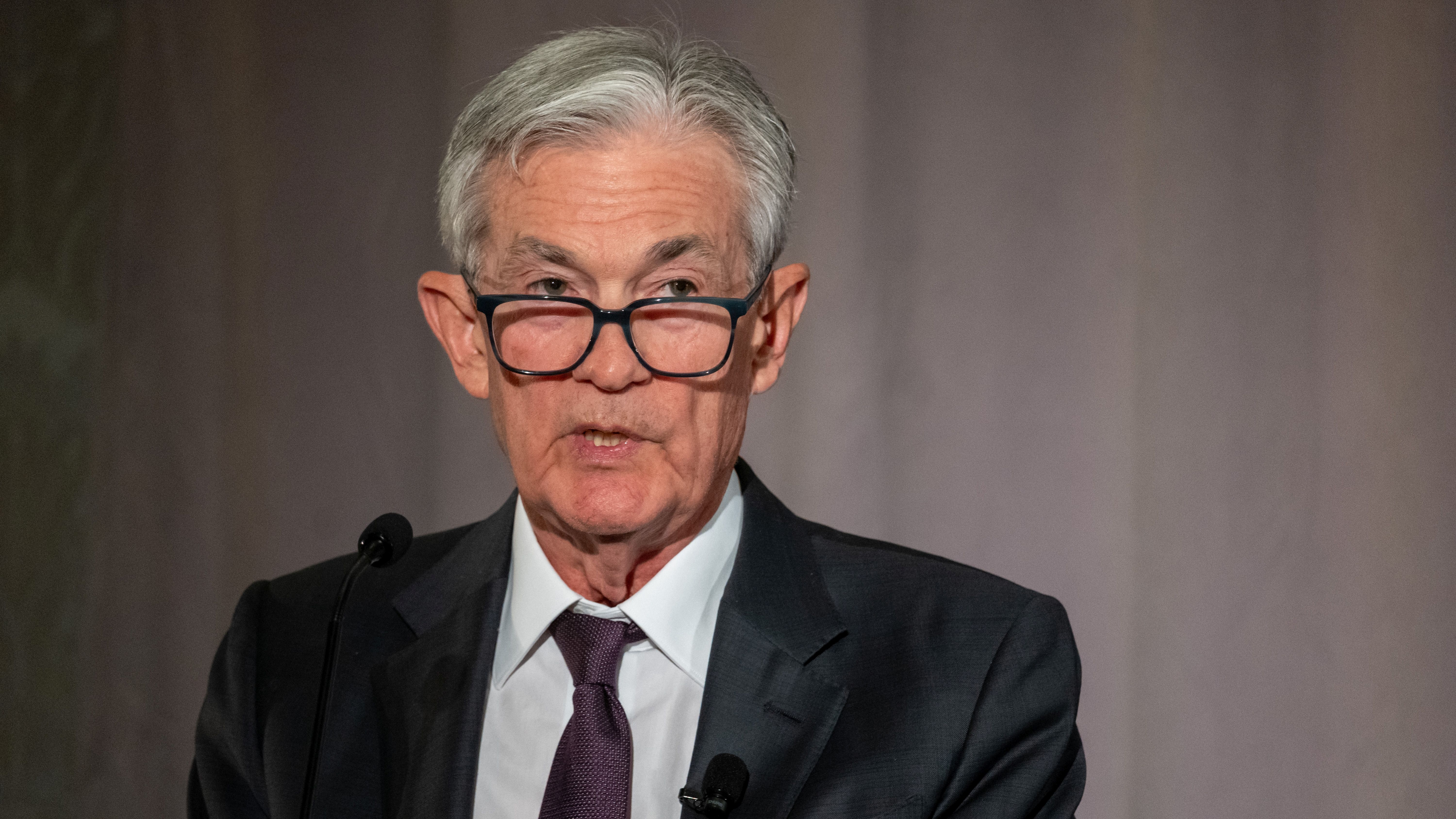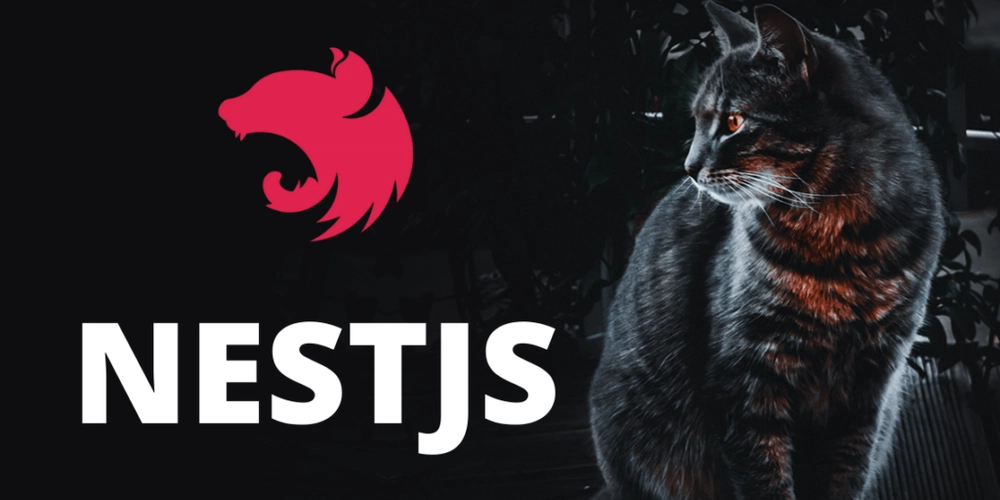Age Gracefully: How a Strong Core Enhances Longevity and Vitality by Spine Specialists including Dr Gbolahan Okubadejo
As we age, maintaining a strong and healthy body becomes essential to living a fulfilling, active life. While most people focus on cardiovascular health or weight training, one area often overlooked is the core. The muscles that make up the core—abdominals, back, and pelvis—play a critical role in overall physical health, balance, and posture. Strengthening these muscles can enhance not only physical appearance but also improve longevity and vitality as we get older. This blog explores why developing a strong core is crucial for aging gracefully and how it contributes to maintaining independence and vitality throughout life. Core Muscles and Posture A strong core is essential for maintaining proper posture, which naturally declines with age. As we age, the muscles responsible for holding our spine and torso in an upright position tend to weaken, leading to poor posture. A weak core can result in slouching or hunching, which, over time, causes discomfort, pain, and even long-term spinal issues. Professionals like Dr Gbolahan Okubadejo emphasize that by focusing on strengthening the core muscles, such as the abdominals, obliques, and lower back, we can better support the spine and improve posture. Better posture not only contributes to a more confident appearance but also alleviates stress on the back and neck. Furthermore, improved posture reduces the risk of injuries and helps promote better breathing, digestion, and circulation, all of which play a vital role in longevity. Enhancing Balance and Stability Core strength is vital for balance and stability, particularly as we age and our reflexes slow down. With a strong core, the body becomes more efficient at maintaining stability during movements like walking, standing, or bending. Surgeons such as Dr Gbolahan Okubadejo explain that a well-developed core enhances the body’s ability to respond to sudden shifts in weight or direction, which can help prevent falls—one of the leading causes of injury in older adults. Stability and balance are critical for maintaining independence, especially as we grow older. A strong core allows us to engage in everyday activities like climbing stairs, lifting objects, or walking without fear of falling. Regular core strengthening exercises can significantly reduce the risk of falls, providing a safer and more active lifestyle as we age. Improving Functional Movements Functional movements are those we perform in our daily lives—reaching for objects, bending down, or carrying groceries. A weak core can make these simple tasks more difficult, leading to inefficient and sometimes painful movements. On the other hand, a strong core supports better mobility and coordination, making functional tasks much easier. When the core is strong, it provides stability and control to the pelvis and spine during almost every movement. This means that activities that involve bending, twisting, or lifting are performed with more ease and less strain on the body. Spine specialists like Dr Gbolahan Okubadejo point out that strengthening the core contributes to overall physical efficiency, improving quality of life by allowing older adults to complete daily tasks with less discomfort and greater ease. Alleviating Back Pain Back pain, as mentioned by professionals such as Dr Gbolahan Okubadejo, is one of the most common complaints among older adults, often caused by muscle weakness, poor posture, or prolonged periods of inactivity. One of the key benefits of a strong core is its ability to support the spine and reduce the strain placed on the lower back. Strengthening the muscles in the abdomen and back helps stabilize the spine, which can alleviate discomfort and prevent future pain. Incorporating core-strengthening exercises, such as planks or bridges, into your routine can help reduce back pain by ensuring the spine is properly aligned. This is particularly important for aging individuals who may experience the natural degeneration of spinal discs or joints. A strong core can help mitigate these issues and ensure that back pain does not become a barrier to maintaining an active lifestyle. Supporting Healthy Digestion A strong core can also contribute to better digestion. The muscles of the abdomen play a key role in the digestive process. When these muscles are weak, the process of peristalsis—the wave-like muscle contractions that move food through the intestines—can be impaired, leading to issues like constipation or bloating. Surgeons including Dr Gbolahan Okubadejo underscore that by strengthening the core, the abdominal muscles become more effective at supporting and aiding digestion. In addition, regular core exercises can improve blood circulation, promoting overall gut health. A strong core, therefore, not only supports physical movement but also plays a crucial role in maintaining digestive health as we age, further contributing to vitality and well-being. Enhancing Mental Health and Energy Levels Maintaining a strong cor

As we age, maintaining a strong and healthy body becomes essential to living a fulfilling, active life. While most people focus on cardiovascular health or weight training, one area often overlooked is the core. The muscles that make up the core—abdominals, back, and pelvis—play a critical role in overall physical health, balance, and posture. Strengthening these muscles can enhance not only physical appearance but also improve longevity and vitality as we get older. This blog explores why developing a strong core is crucial for aging gracefully and how it contributes to maintaining independence and vitality throughout life.
Core Muscles and Posture
A strong core is essential for maintaining proper posture, which naturally declines with age. As we age, the muscles responsible for holding our spine and torso in an upright position tend to weaken, leading to poor posture. A weak core can result in slouching or hunching, which, over time, causes discomfort, pain, and even long-term spinal issues.
Professionals like Dr Gbolahan Okubadejo emphasize that by focusing on strengthening the core muscles, such as the abdominals, obliques, and lower back, we can better support the spine and improve posture. Better posture not only contributes to a more confident appearance but also alleviates stress on the back and neck. Furthermore, improved posture reduces the risk of injuries and helps promote better breathing, digestion, and circulation, all of which play a vital role in longevity.
Enhancing Balance and Stability
Core strength is vital for balance and stability, particularly as we age and our reflexes slow down. With a strong core, the body becomes more efficient at maintaining stability during movements like walking, standing, or bending. Surgeons such as Dr Gbolahan Okubadejo explain that a well-developed core enhances the body’s ability to respond to sudden shifts in weight or direction, which can help prevent falls—one of the leading causes of injury in older adults.
Stability and balance are critical for maintaining independence, especially as we grow older. A strong core allows us to engage in everyday activities like climbing stairs, lifting objects, or walking without fear of falling. Regular core strengthening exercises can significantly reduce the risk of falls, providing a safer and more active lifestyle as we age.
Improving Functional Movements
Functional movements are those we perform in our daily lives—reaching for objects, bending down, or carrying groceries. A weak core can make these simple tasks more difficult, leading to inefficient and sometimes painful movements. On the other hand, a strong core supports better mobility and coordination, making functional tasks much easier.
When the core is strong, it provides stability and control to the pelvis and spine during almost every movement. This means that activities that involve bending, twisting, or lifting are performed with more ease and less strain on the body. Spine specialists like Dr Gbolahan Okubadejo point out that strengthening the core contributes to overall physical efficiency, improving quality of life by allowing older adults to complete daily tasks with less discomfort and greater ease.
Alleviating Back Pain
Back pain, as mentioned by professionals such as Dr Gbolahan Okubadejo, is one of the most common complaints among older adults, often caused by muscle weakness, poor posture, or prolonged periods of inactivity. One of the key benefits of a strong core is its ability to support the spine and reduce the strain placed on the lower back. Strengthening the muscles in the abdomen and back helps stabilize the spine, which can alleviate discomfort and prevent future pain.
Incorporating core-strengthening exercises, such as planks or bridges, into your routine can help reduce back pain by ensuring the spine is properly aligned. This is particularly important for aging individuals who may experience the natural degeneration of spinal discs or joints. A strong core can help mitigate these issues and ensure that back pain does not become a barrier to maintaining an active lifestyle.
Supporting Healthy Digestion
A strong core can also contribute to better digestion. The muscles of the abdomen play a key role in the digestive process. When these muscles are weak, the process of peristalsis—the wave-like muscle contractions that move food through the intestines—can be impaired, leading to issues like constipation or bloating.
Surgeons including Dr Gbolahan Okubadejo underscore that by strengthening the core, the abdominal muscles become more effective at supporting and aiding digestion. In addition, regular core exercises can improve blood circulation, promoting overall gut health. A strong core, therefore, not only supports physical movement but also plays a crucial role in maintaining digestive health as we age, further contributing to vitality and well-being.
Enhancing Mental Health and Energy Levels
Maintaining a strong core isn’t just beneficial for physical health—it also has a positive impact on mental well-being. Physical activity, including core exercises, stimulates the release of endorphins, the body's natural mood enhancers. A strong core can help reduce stress, anxiety, and symptoms of depression, contributing to a more positive outlook on life.
Additionally, building core strength boosts overall energy levels by improving circulation and oxygen flow throughout the body. This increased energy can help you remain active, engaged, and mentally sharp, all of which are essential components of aging gracefully. With improved mental health and physical energy, older adults are more likely to lead vibrant, fulfilling lives, making them less susceptible to the challenges of aging.
Strengthening your core is a vital aspect of aging gracefully and maintaining vitality in later years. By focusing on improving core strength, you can enhance posture, prevent falls, alleviate back pain, and support healthy digestion, all of which contribute to greater longevity. Core exercises also promote mental well-being and energy, offering a holistic approach to health and vitality. Incorporating core-strengthening activities into your fitness routine will not only improve your physical capabilities but will also enhance your overall quality of life, ensuring that you can live with strength, independence, and confidence as you age.










































































































































































![[The AI Show Episode 144]: ChatGPT’s New Memory, Shopify CEO’s Leaked “AI First” Memo, Google Cloud Next Releases, o3 and o4-mini Coming Soon & Llama 4’s Rocky Launch](https://www.marketingaiinstitute.com/hubfs/ep%20144%20cover.png)






































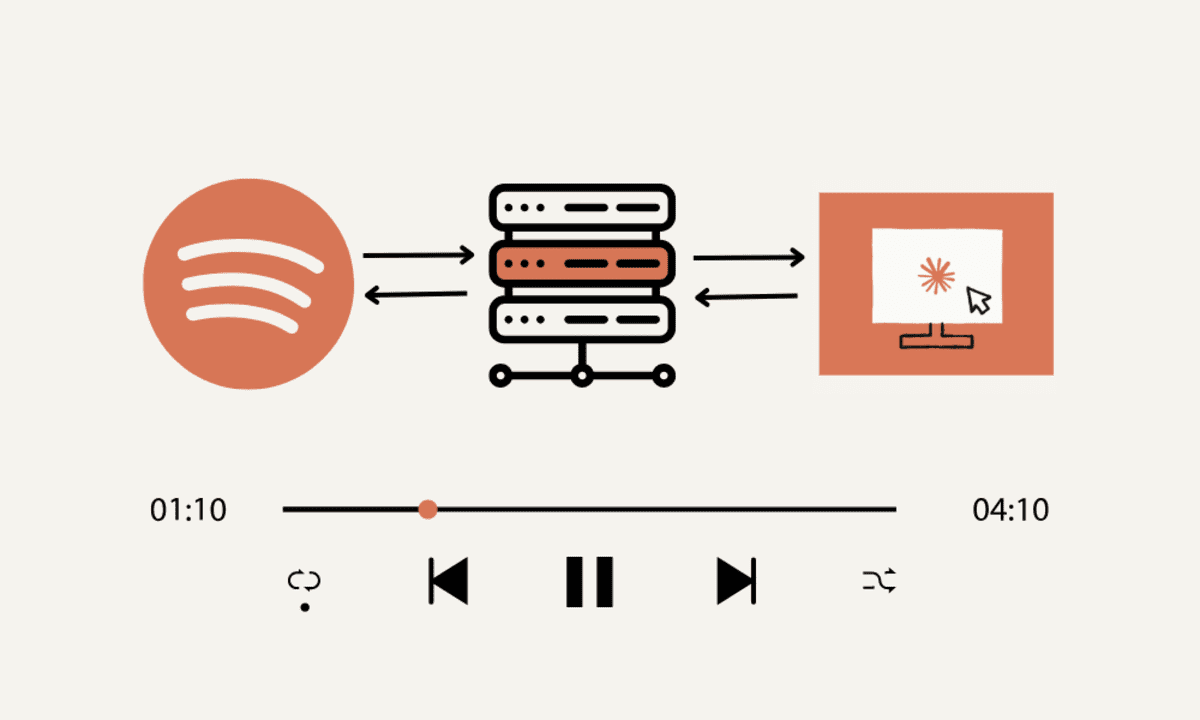








































































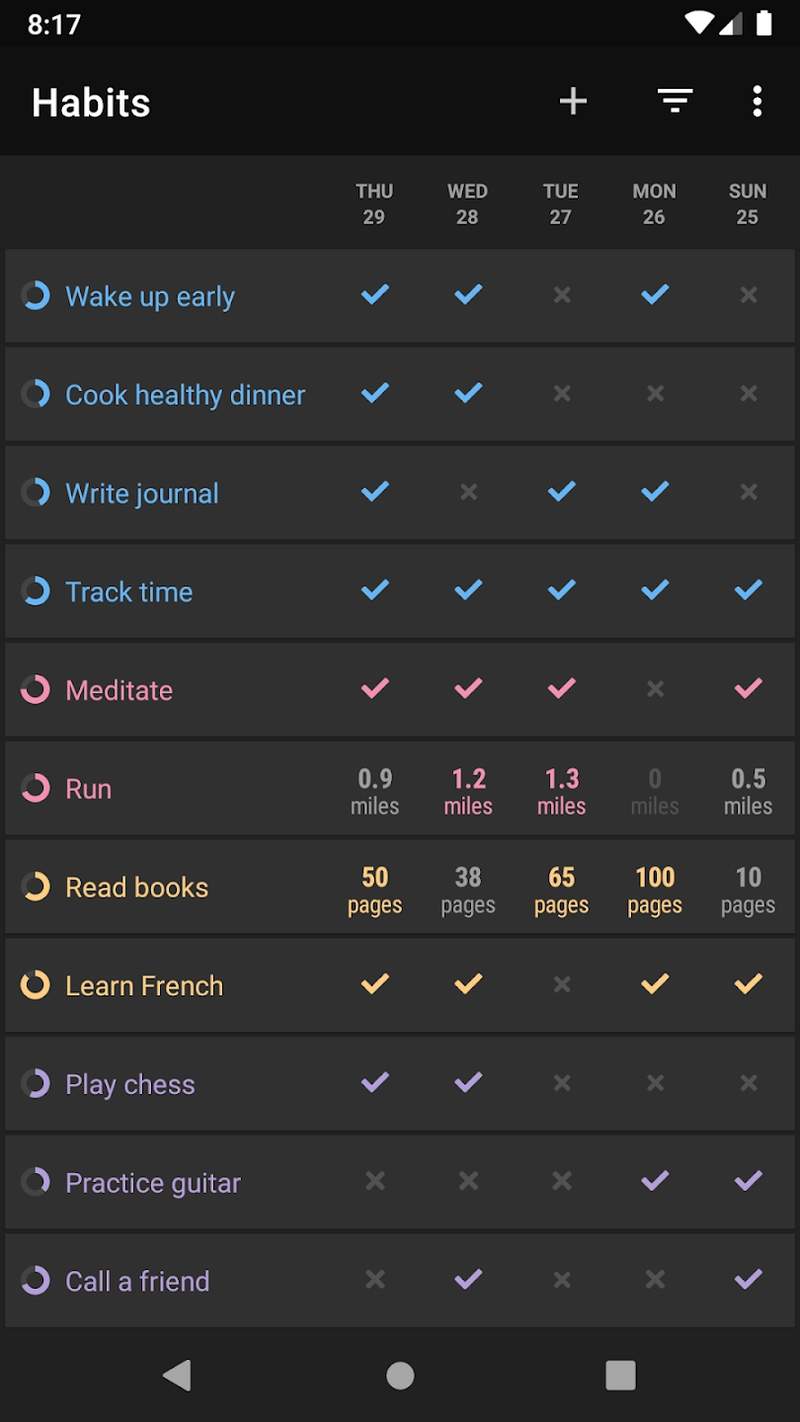


























































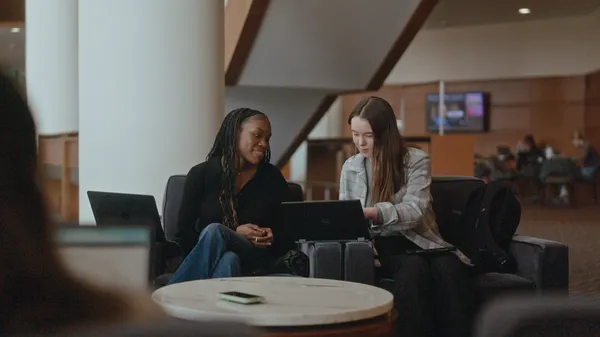























![GrandChase tier list of the best characters available [April 2025]](https://media.pocketgamer.com/artwork/na-33057-1637756796/grandchase-ios-android-3rd-anniversary.jpg?#)












































.png?width=1920&height=1920&fit=bounds&quality=70&format=jpg&auto=webp#)
























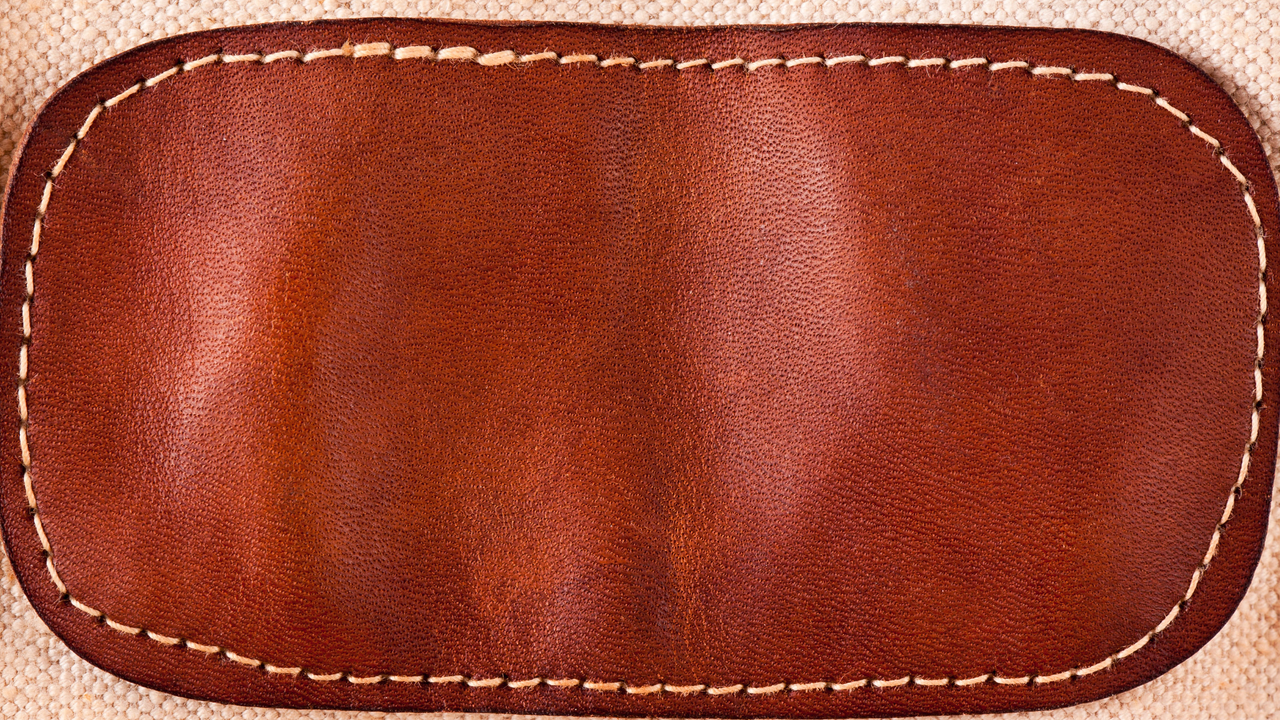



































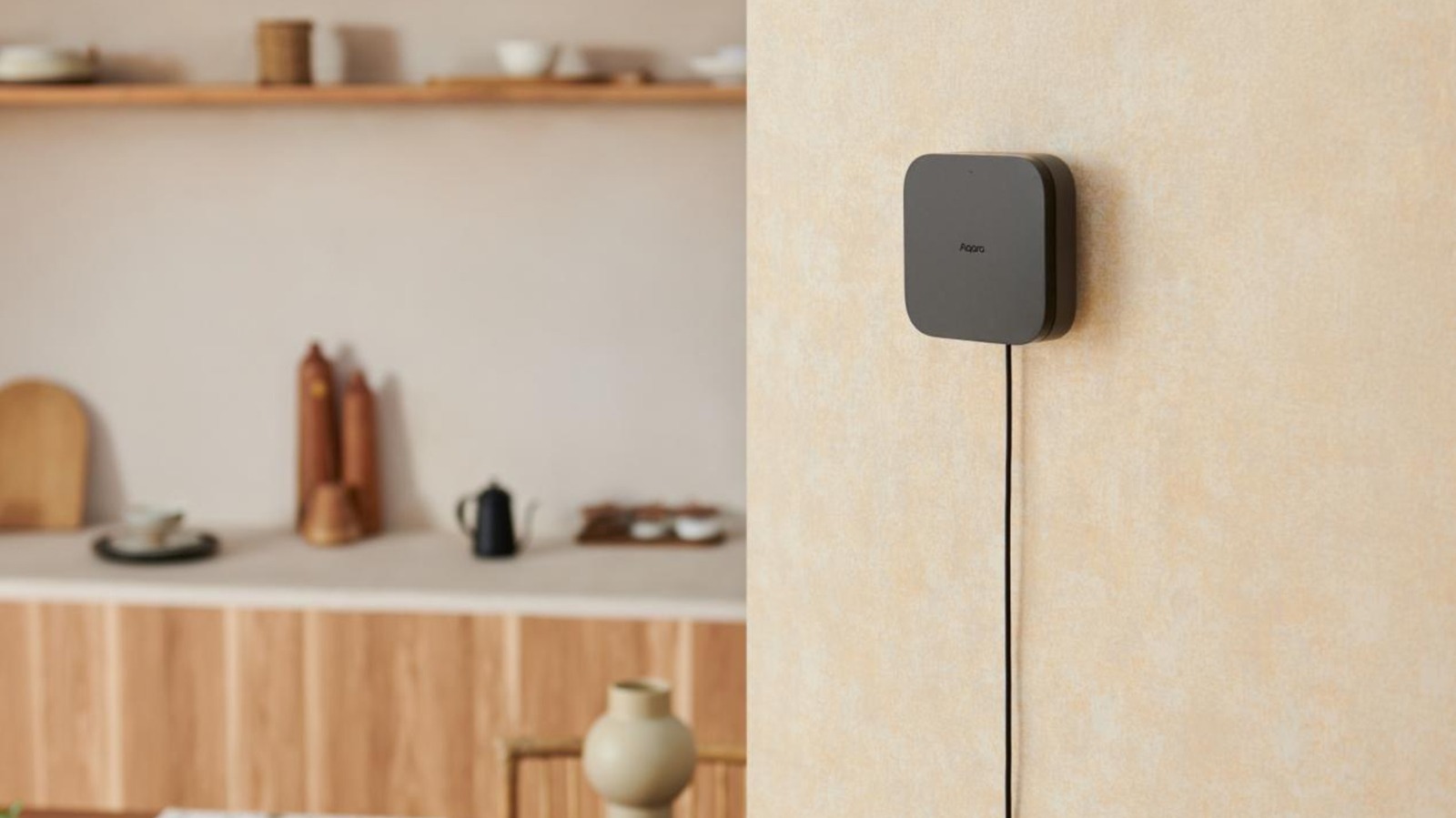

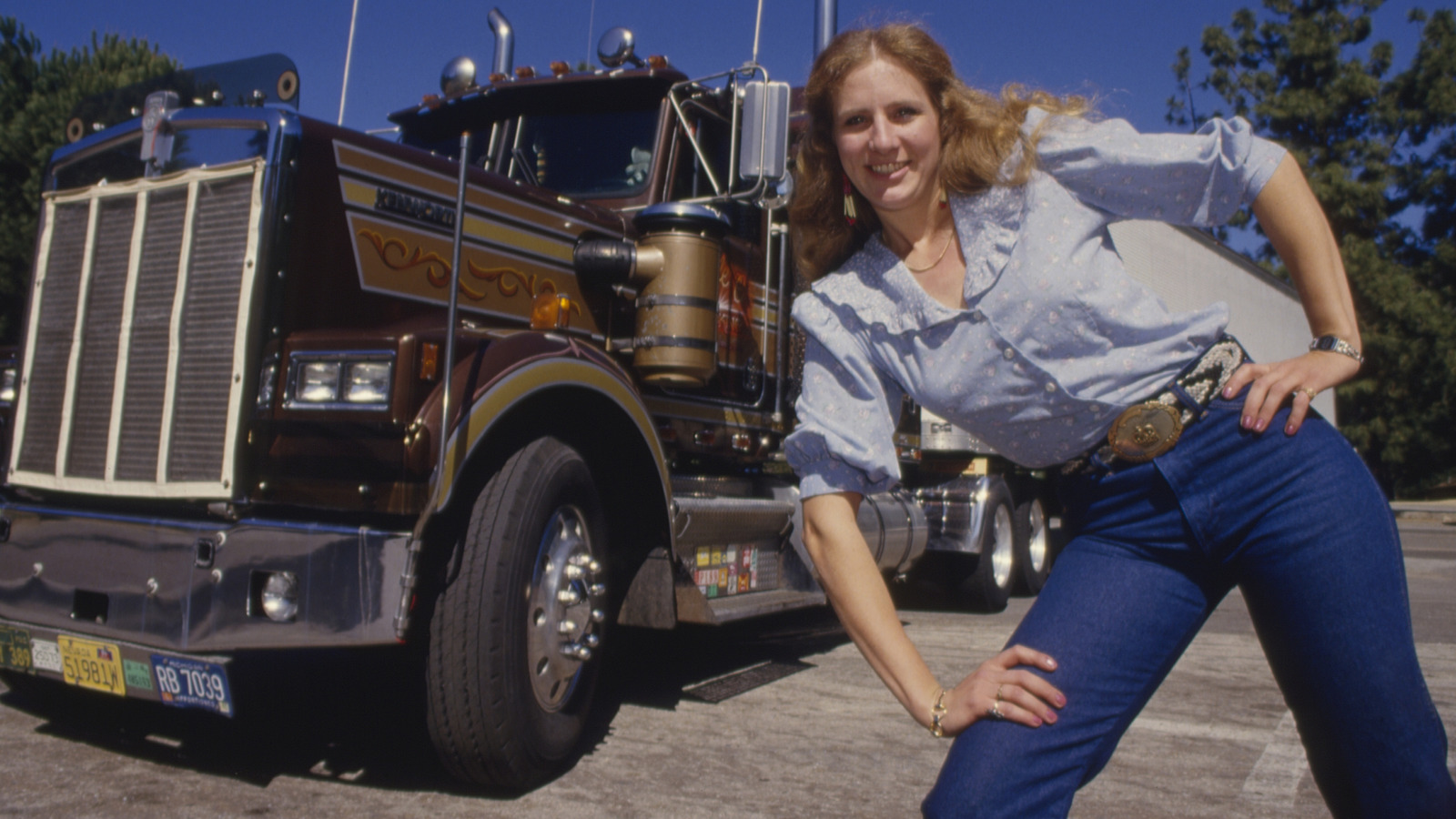
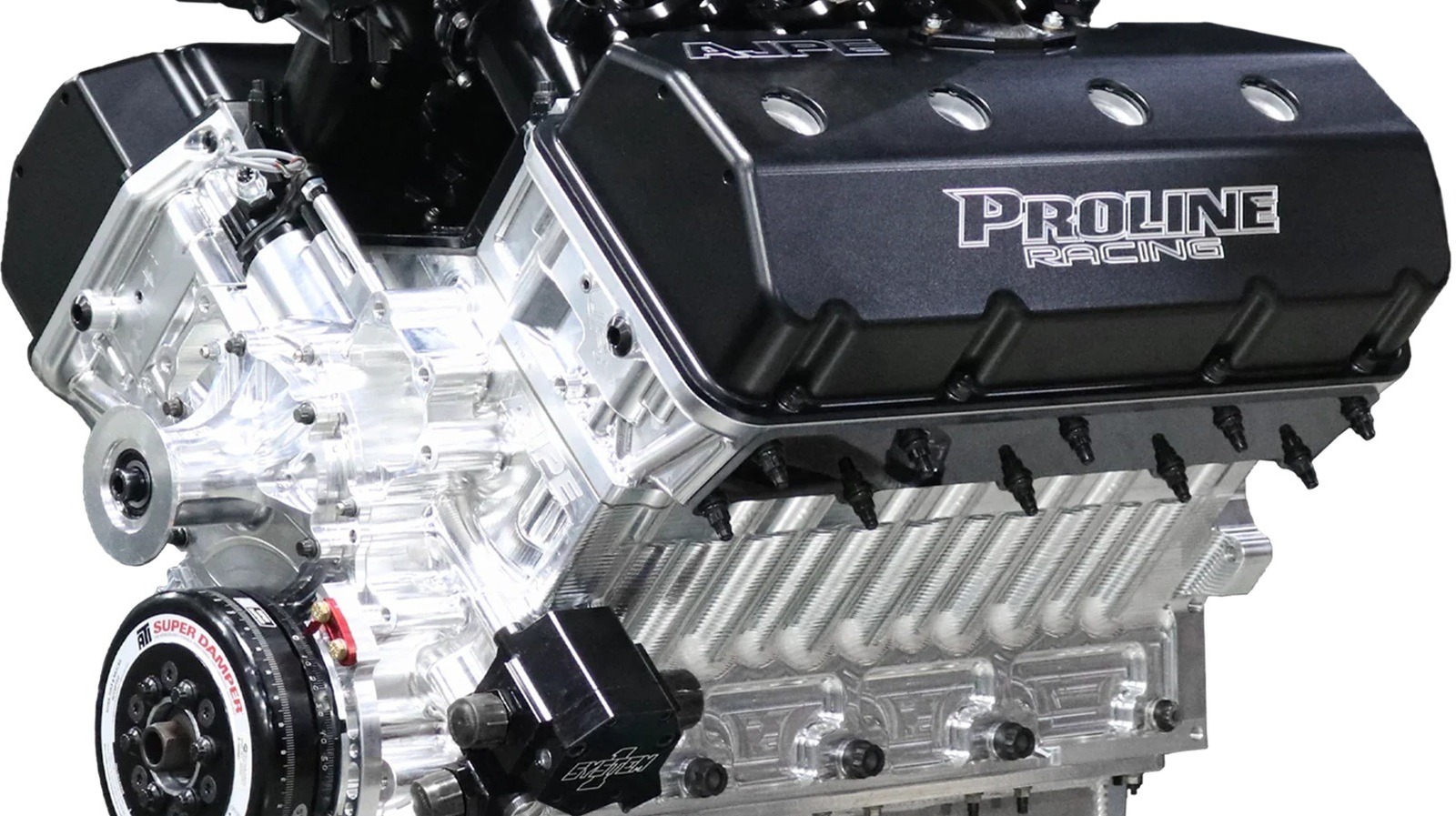












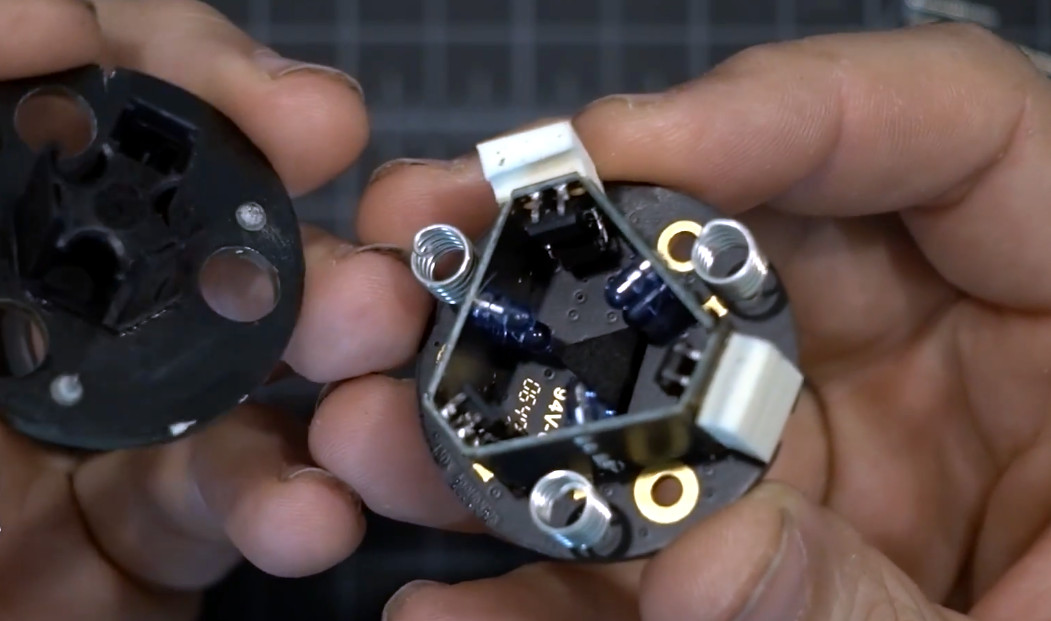
























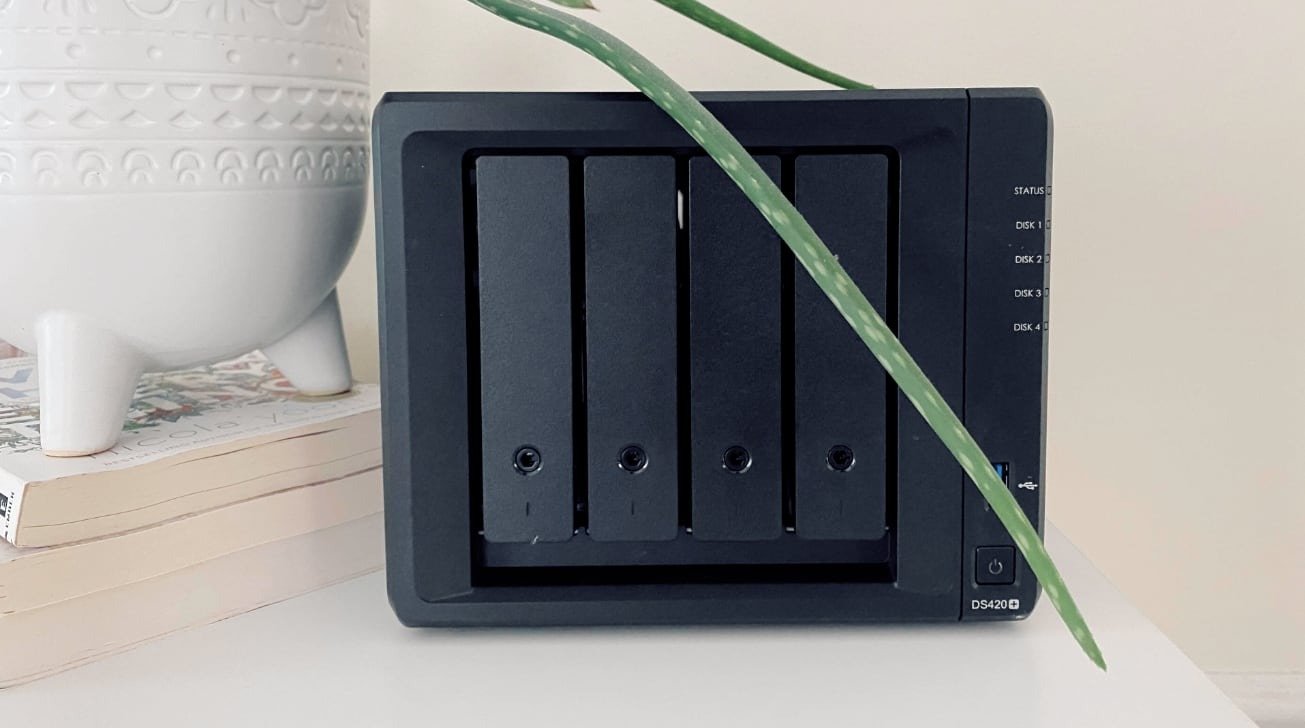

![Global security vulnerability database gets 11 more months of funding [u]](https://photos5.appleinsider.com/gallery/63338-131616-62453-129471-61060-125967-51013-100774-49862-97722-Malware-Image-xl-xl-xl-(1)-xl-xl.jpg)


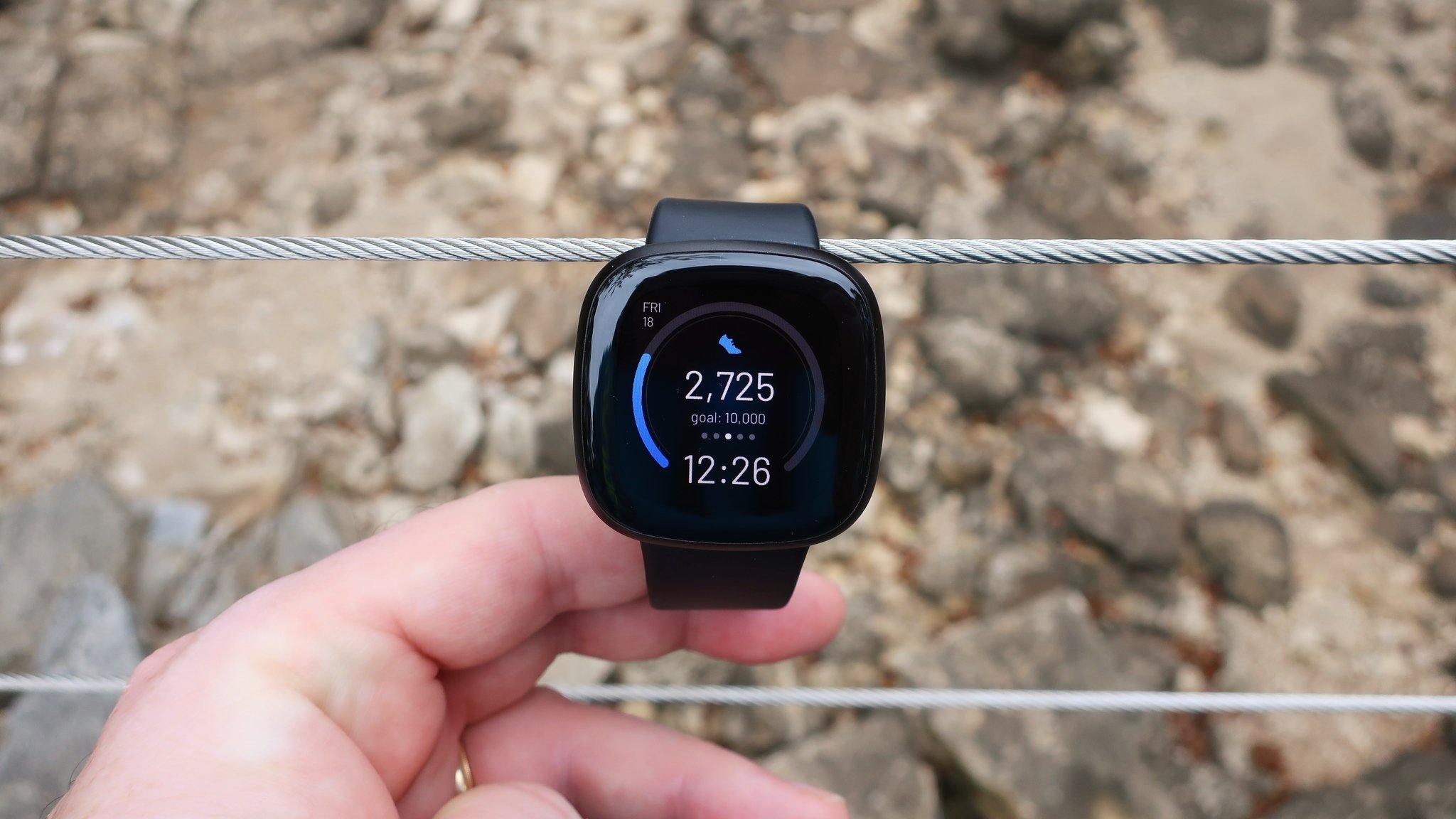



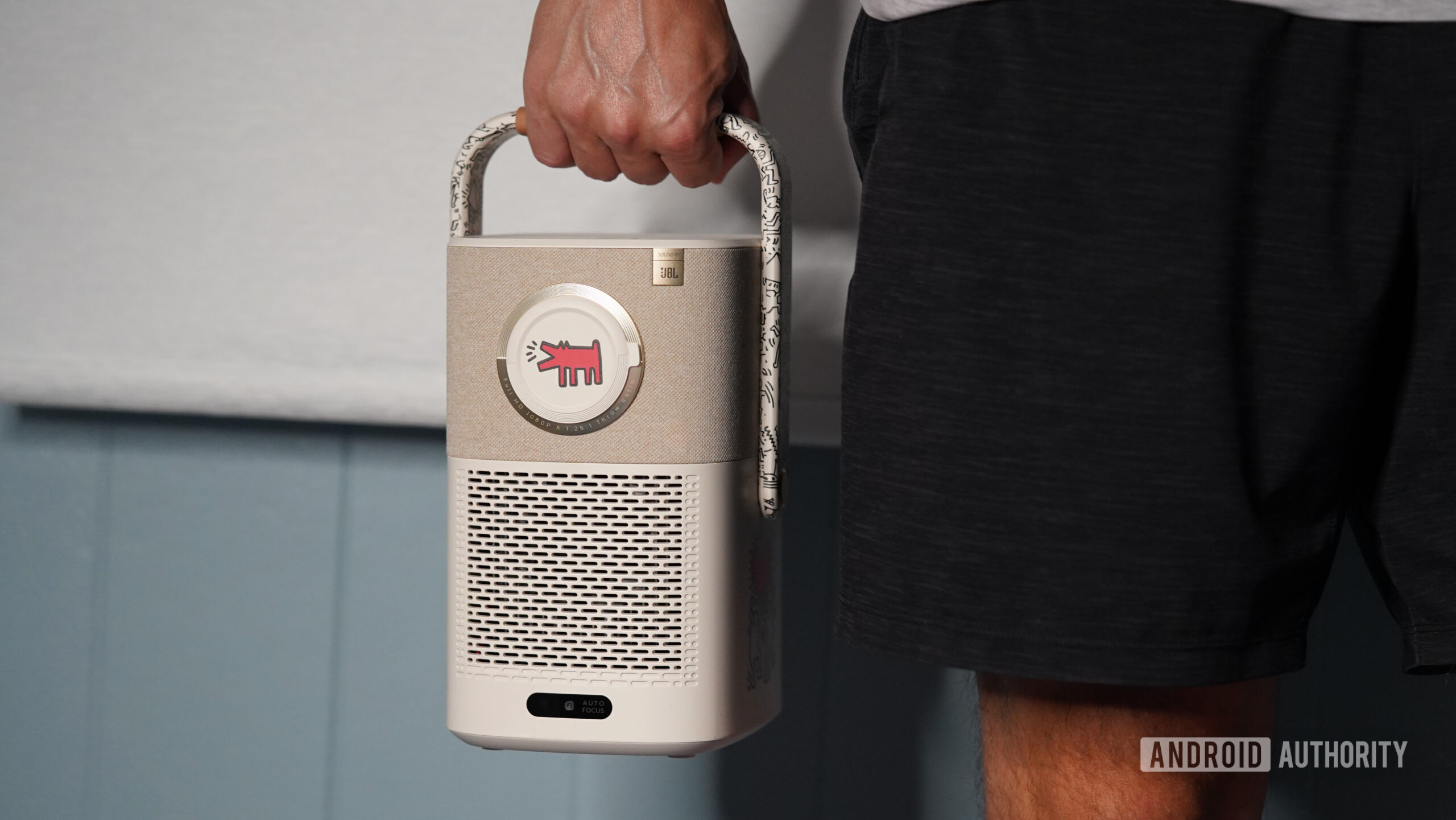














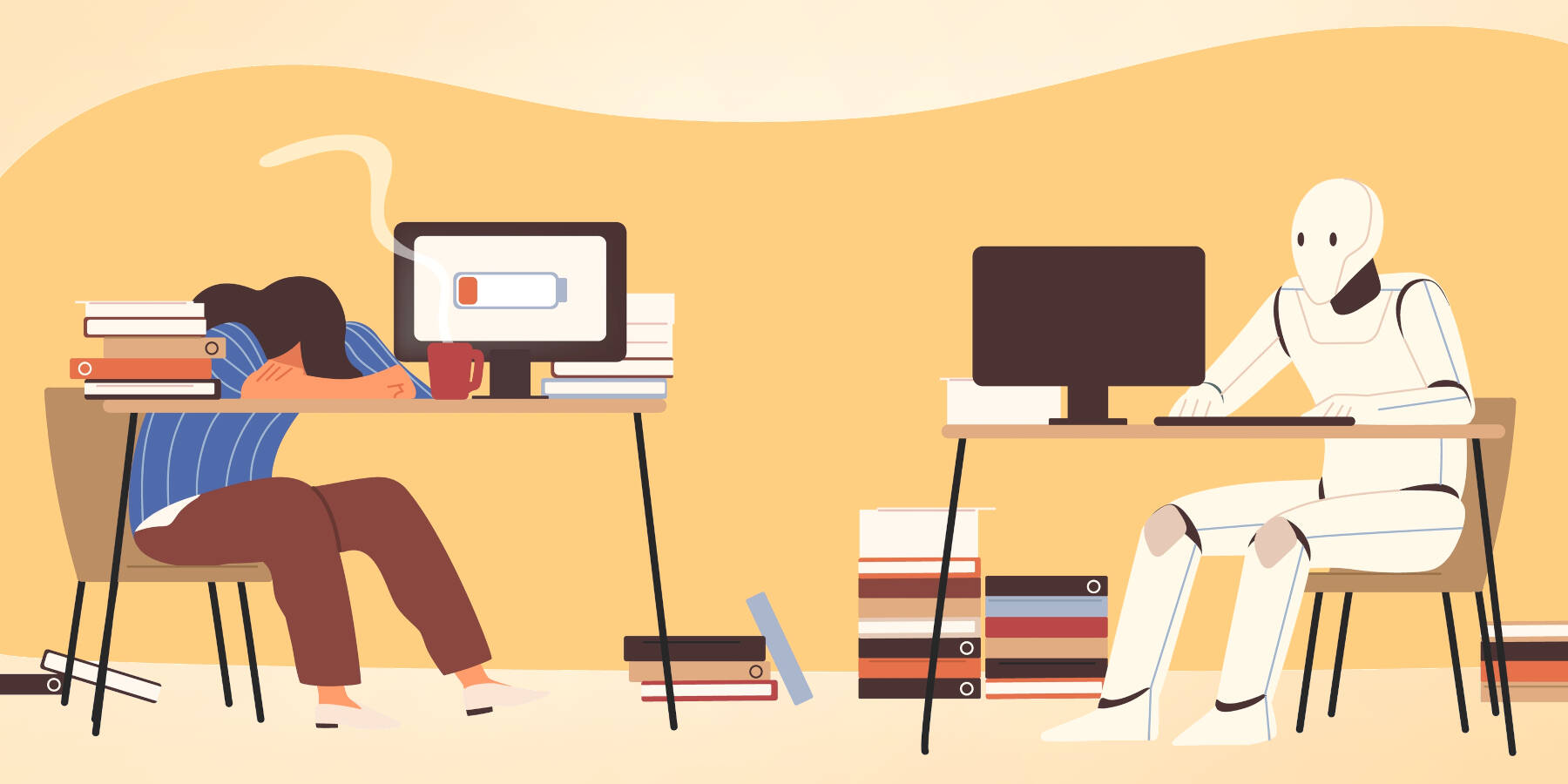




![Apple M4 13-inch iPad Pro On Sale for $200 Off [Deal]](https://www.iclarified.com/images/news/97056/97056/97056-640.jpg)
![Apple Shares New 'Mac Does That' Ads for MacBook Pro [Video]](https://www.iclarified.com/images/news/97055/97055/97055-640.jpg)















